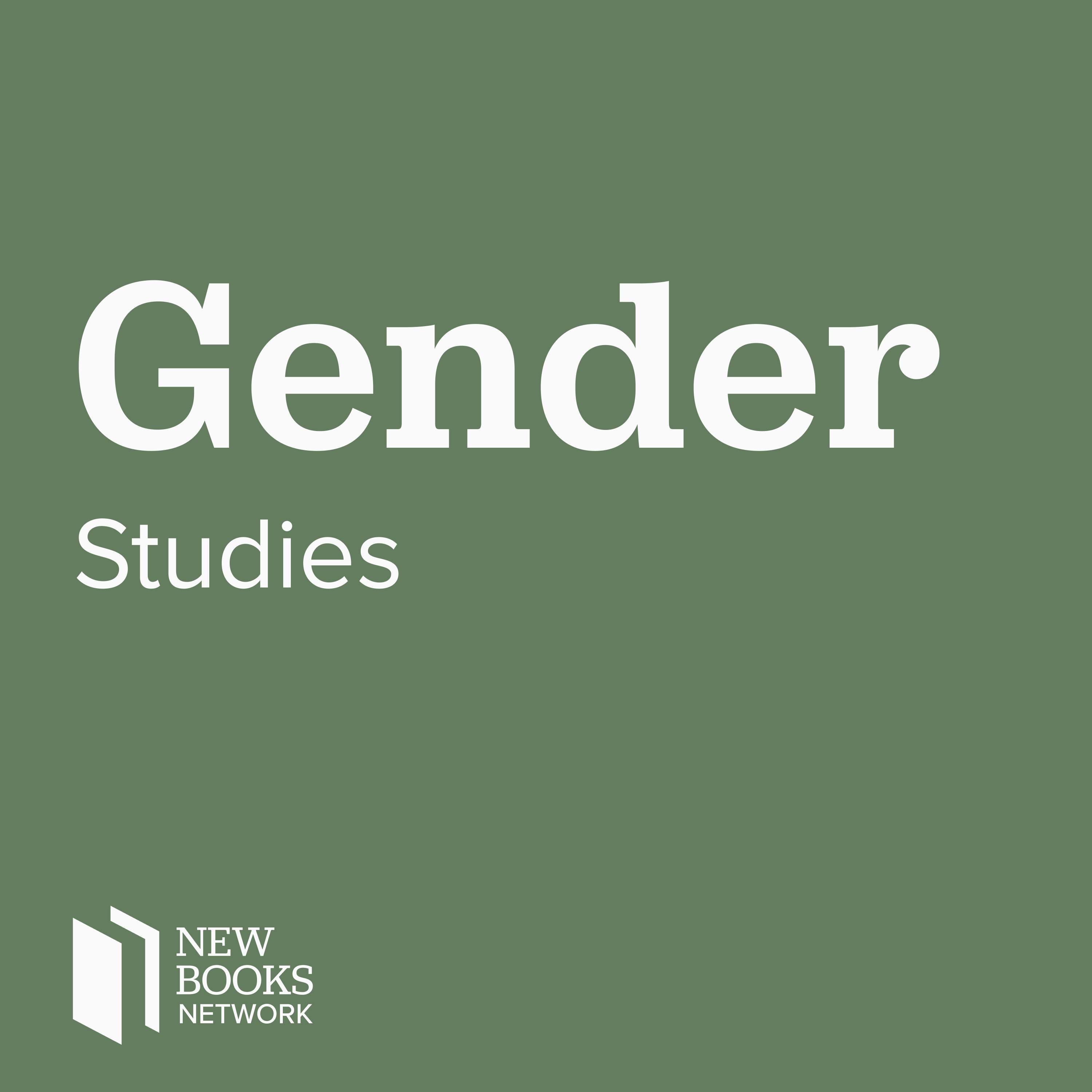Amina Yaqin, "Gender, Sexuality and Feminism in Pakistani Urdu Writing" (Anthem, 2022)

As the first study of its kind,\xa0Gender, Sexuality and Feminism in Pakistani Urdu Writing\xa0(Anthem, 2022) offers a new understanding of progressive women\u2019s poetry in Urdu and the legacy of postcolonial politics. It underlines Urdu\u2019s linguistic hybridities, the context of the\xa0zenana, reform, and\xa0rekhti\xa0to illustrate how the modernising impulse under colonial rule impacted women as subjects in textual form. It argues that canonical texts for sharif women from\xa0Mirat-ul Arus\xa0to\xa0Umrao Jan Ada\xa0need to be looked at alongside women\u2019s diaries and autobiographies so that we have an overall picture of gendered lives from imaginative fiction, memoirs and biographies.\nIn the late nineteenth century, ideas of the cosmopolitan and local were in conversation with the secular and sacred across different Indian literatures. Emerging poets from the\xa0zenana\xa0can be traced back to Zahida Khatun Sherwania from Aligarh and Haya Lakhnavi from Lucknow who had very unique trajectories as sharif women. With the rise of anti-colonial nationalism, the Indian women\u2019s movement gathered force and those who had previously been confined to the private sphere took their place in public as speaking subjects. The influence of the Left, Marxist thought and resistance against colonial rule fired the Progressive Writers Movement in the 1930s. The pioneering writer and activist Rashid Jahan was at the helm of the movement mediating women\u2019s voices through a scientific and rational lens. She was succeeded by Ismat Chughtai, who like her contemporary Saadat Hasan Manto courted controversy by writing openly about sexualities and class. With the onset of partition, as the progressive writers were split across two nations, they carried with them the vision of a secular borderless world. In Pakistan, Urdu became an ideological ground for state formation, and Urdu writers came under state surveillance in the Cold War era. The study picks up the story of progressive women poets in Pakistan to try and understand their response to emerging dominant narratives of nation, community and gender. How did national politics and an ideological Islamisation that was at odds with a secular separation of church and state affect their writing?\nDespite the disintegration of the Progressive Writers Movement and the official closure of the Left in Pakistan, the author argues that an exceptional legacy can be found in the voices of distinctive women poets including Ada Jafri, Zehra Nigah, Sara Shagufta, Parvin Shakir, Fahmida Riaz and Kishwar Naheed. Their poems offer new metaphors and symbols borrowing from feminist thought and a hybrid Islamicate culture. Riaz and Naheed joined forces with the women\u2019s movement in Pakistan in the 1980s and caused some discomfort amongst Urdu literary circles with their writing. Celebrated across both sides of the border, their poetry and politics is less well known than the verse of the progressive poet par excellence Faiz Ahmed Faiz or the hard hitting lyrics of Habib Jalib. The book demonstrates how they manipulate and appropriate a national language as mother tongue speakers to enunciate a middle ground between the sacred and secular. In doing so they offer a new aesthetic that is inspired by activism and influenced by feminist philosophy.\nIqra Shagufta Cheema\xa0is a writer, researcher, and chronic procrastinator. When they do write, they write in the areas of postmodernist postcolonial literatures, transnational feminisms, gender and sexuality studies, and film studies. Check out their latest book chapter\xa0Queer Love: He is also Made in Heaven. They can be reached via email at\xa0IqraSCheema@gmail.com\xa0or\xa0Twitter.\nLearn more about your ad choices. Visit megaphone.fm/adchoices\nSupport our show by becoming a premium member! https://newbooksnetwork.supportingcast.fm/gender-studies